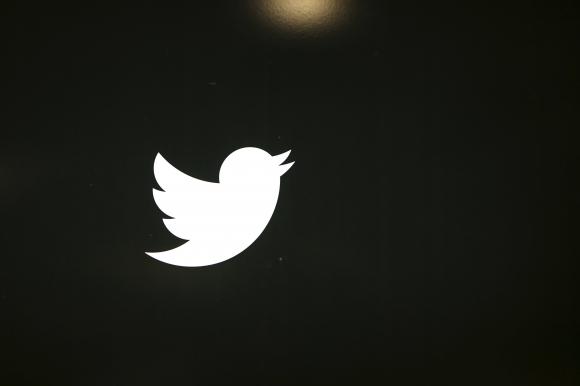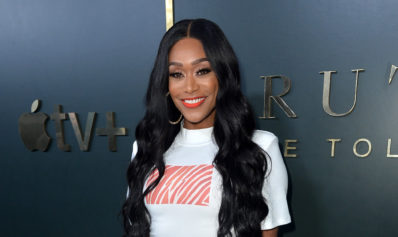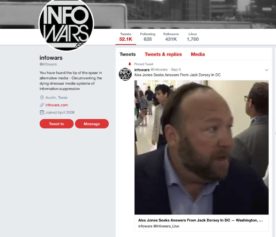U.S. social networking company Twitter is planning to replicate parts of its India election strategy across countries that go to polls this year, after it emerged as a key tool for politicians and media companies during the world’s largest democratic exercise.
In India, Twitter Inc. worked closely with politicians including the victor, Narendra Modi, who used the platform for election campaigning, and also partnered with mobile and media firms to distribute tweets online and offline.
Now, with polling due in countries such as Brazil, Indonesia and the United States later this year, the San Francisco-based company plans to take its India lessons abroad to expand its foothold in the political arena and increase its user base.
“The election more than any other moment provides a nice microcosm of the value Twitter can add … we are sharing widely the lessons of this Indian election around the world,” said Rishi Jaitly, India market director at Twitter.
Last week, the company sent its top political strategist to Brazil to explain the potential of the social network to senators, who are likely to use Twitter’s six-second video app Vine for campaigning after it was used by Indian politicians, the company said.
For the U.S. election, the company has started looking for partners to replicate their “Tweet To Remember” feature used in India, which enables users to add the voting date automatically to their mobile calendar using a tweet.
Twitter widely emerged as a political tool first during the 2012 U.S. presidential elections, and then during the Arab Spring uprisings in North Africa and the Middle East. Today, U.S. President Barack Obama has more than 43 million Twitter followers.
In India, Modi’s Bharatiya Janata Party (BJP) embraced the technology ahead of rivals, collaborating with thousands of volunteers to spread the Hindu nationalist leader’s message and counter criticism on the Web.
It was the country’s first major Twitter election, and the novelty of the technology gave an advantage to the politicians who adopted it first – especially the BJP, said Milan Vaishnav of Carnegie Endowment for International Peace.
“The Indian experience will serve as a model for other developing countries … In the U.S., the saturation of the social media space by all parties may have a canceling out effect,” Vaishnav said.
Read the full story at reuters.com



